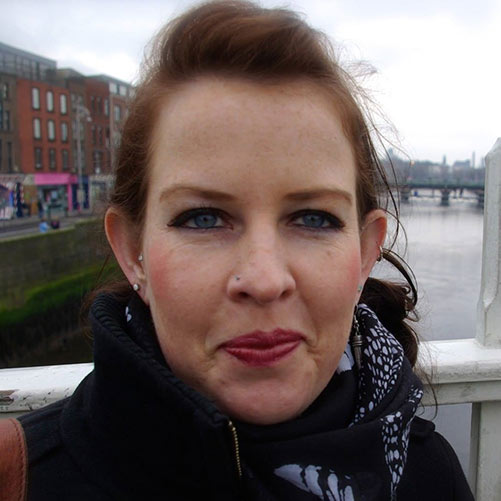Rona Cran


Rona Cran
Senior Lecturer in Twentieth-Century American Literature and Director of the Centre for the Study of North America, University of Birmingham
My current book-in-progress, Everyday Rebellion: Poetry and Resistance in New York, 1960-1995, is a study of poetry and resistance from the counterculture to the AIDS crisis. The study of New York poets involves an intellectual and affective closeness with the spaces and places of the city: much of their work is framed or shaped by what Jane Jacobs called (‘the heart-of-the-day ballet’, the immediate and localised intensities of New York. And yet, as Megan Bradbury writes, ‘the city is not a work of art. It is not an object. It is not something to be admired from a distance – it is a process’. Everyday Rebellion explores this process, arguing that socially-situated poetry offers crucial sites of resistance. It asks what we can learn from a poetics of loitering, of being on the street, of making contact with people in contingent places rather than within institutions; it examines the ways in which New York poets negotiate conflicting perceptions or experiences within the city; it considers the significance of working within a definable urban community, such as the New York School or the Black Arts Movement, or without one; it ponders the changing nature of the city streets for women poets, queer poets, and poets of colour, thinking about what it means to move or not move around the city; it investigates the erasure of queer connections and the work that city poetry does to combat this, thinking about the importance of alternative mapping to queer work; and considers the ways in which the poetry accounts for, or fails to account for, the environment out of which it emerges, that ‘Byzantine City’, to borrow from Jed Perl, that ‘place of exchanges, of cross-fertilizations’.